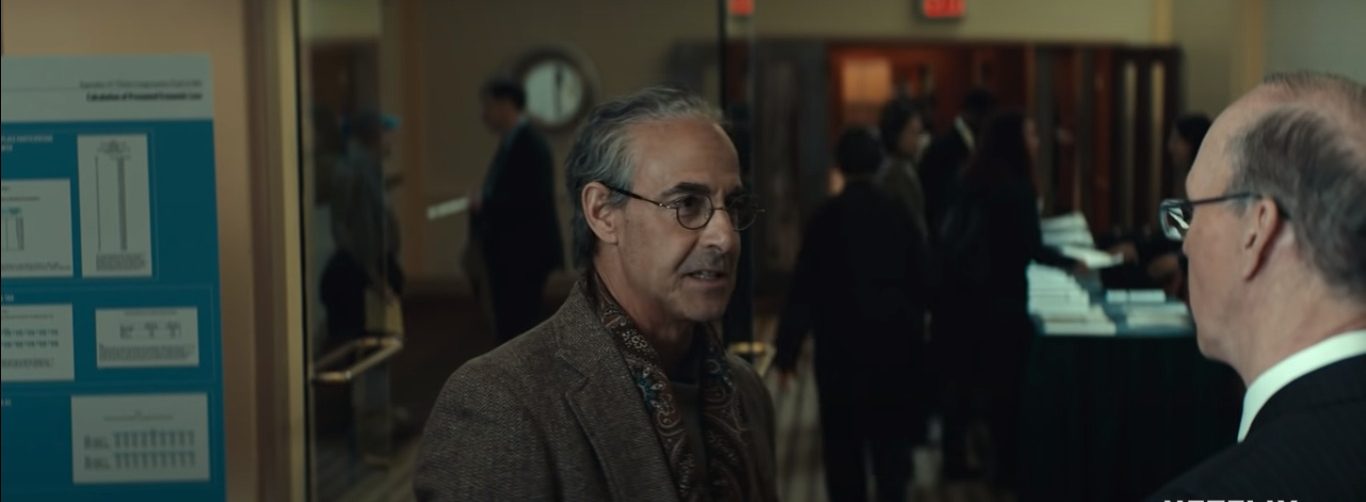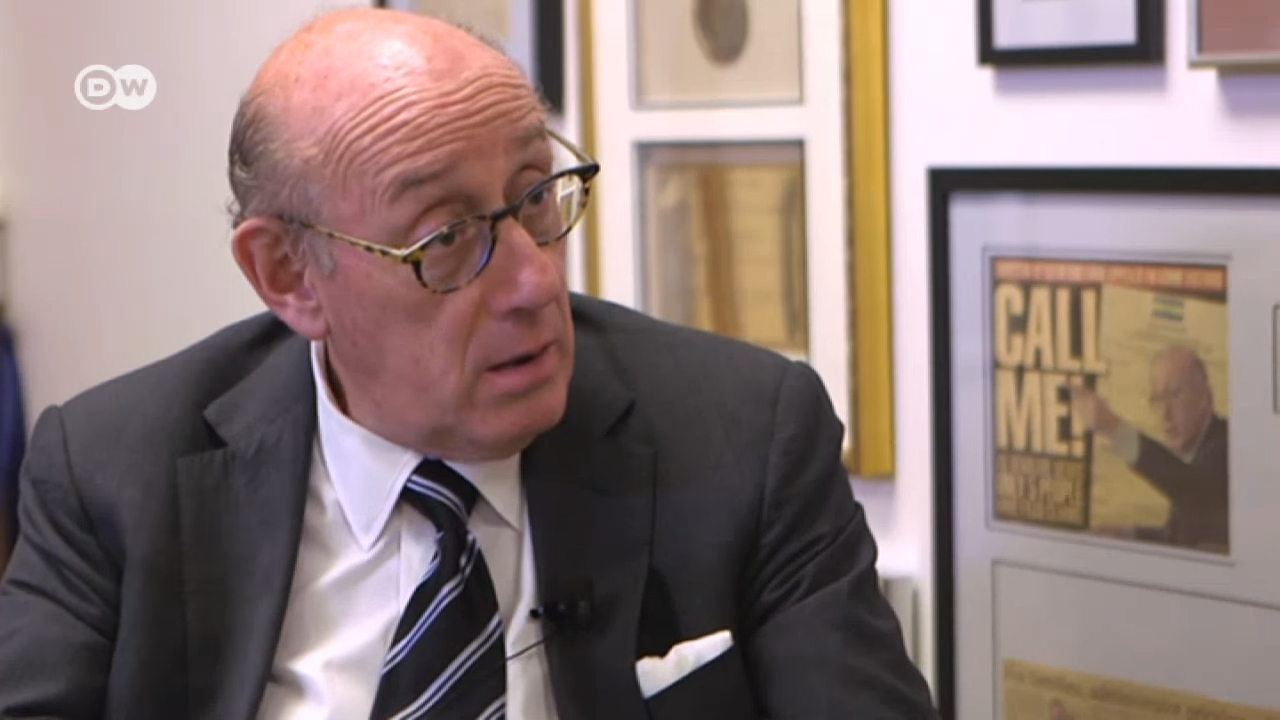‘Worth’ is a legal drama that centers around an attorney named Kenneth Feinberg, who is given the daunting task of determining how much to compensate families of victims after a national tragedy. The film, which begins with the tragedy, follows a timeline of multiple years over which Feinberg works with families and is often at the receiving end of their grief and anger.
The remarkable story is one of pain and sadness, which examines an almost rhetorical question of how much a life is worth — something that Feinberg’s character is essentially tasked with doing. Was there actually an attorney that had to take on such an undertaking? And how much of what we see in the film is actually based on real life? Let’s take a look at whether ‘Worth’ is based on a true story or not.
Is Worth Based on a True Story?
Yes, ‘Worth’ is based on a true story. The film is a biographical story based on Kenneth Roy Feinberg (and, reportedly, his 2007 memoir), who was appointed to manage the implementation of the September 11th Victim Compensation Fund. Feinberg, who held the position of Special Master of the fund, created a rigorous process to disperse the $7.375 billion in U.S. Government funds to families who lost members in the tragedy. Written by Max Borenstein, ‘Worth’ follows the long and arduous process that the central figure embarked upon, which largely involved convincing grieving families to accept the payout in exchange for not suing the airline companies and other entities that were associated with the tragedy.

As one can expect, the process was an unimaginably difficult one as most families were not happy to accept a payout that many described as a “tight-fisted” way for the government to protect the interests of airlines. Feinberg had the unenviable task of having to estimate what each victim would’ve earned over the course of a lifetime (loss of earnings), as well as the “value” of the pain and suffering that the family was going through. To make matters worse, the families, if they accepted the offer, would not be able to appeal and would forego their right to sue the airlines and other potentially involved entities.
“It’s a brutal, sort of cold, thing to do. Anybody who looks at this program and expects that by cutting a U.S. Treasury check, you are going to make 9/11 families happy, is vastly misunderstanding what’s going on with this program,” Feinberg said of the process, going on to state that after nearly two years of working on the program, he was ready to bring to a close his duties as “the filter and arbitrator for so much pain.”
The Washington lawyer, in his role as head of the fund, received the brunt of many families’ anger. His 2005 book, ‘What is Life Worth?: The Unprecedented Effort to Compensate the Victims of 9/11’ reveals the kind of bitterness that he was inadvertently subjected to at a time when national grief and personal mourning were at an all-time high. Once, the widow of a firefighter who lost his life as a result of 9/11 said to him, “I spit on you, and your children.”
This was in response to, as was widely believed by the victims’ families at the time, that Feinberg was unfair in the compensation amounts he offered. Faced with the choice of accepting an assured government payout or risk a lengthy legal process themselves, which could go on for years and didn’t guarantee a victory, the grieving families felt victimized. In fact, the value of suing as opposed to accepting the payout reportedly remained unclear for many years following the tragedy.

One of Feinberg’s most vocal critics was Charles Wolf, who is portrayed in the film by Stanley Tucci. After losing his wife Katherine in the tragedy, Wolf was so put off by the performance of the fund and the man in charge of it that he started a website called Fixthefund and was quoted as saying, “I believe in his sincerity, and I want this program to succeed for all the families, but nothing short of a major action on his part to resolve his missteps, coupled with a significant apology, will begin to set things right.” In the film, his character encourages Michael Keaton’s Feinberg to take a more critical look at the “due process” that results in allegedly unfair disbursement of funds.
In fact, Feinberg, in his final report, recommended that if such a program were ever to be undertaken again, that the compensation amount be kept the same for all victims, irrespective of their future earning potential, insurance amount, and other factors. In the end, over 97% of the families were reportedly compensated with an amount totaling around $7 billion.
‘Worth,’ therefore, attempts to capture and present a section of this expansive issue that continues to reverberate to this day. While all its aspects are near impossible to portray or even allude to in a film, the objective, according to the film’s writer, was to focus on the aftermath of 9/11 and how the government chose to compensate victims of the tragedy in exchange for them giving up their right to sue. At the center of it all, Feinberg’s character is the one that ties it all together through his sense of civic duty and the overwhelming pain, grief, and anger he is exposed to in his role as Special Master of the fund.
Read More: Where Was Worth Filmed?

